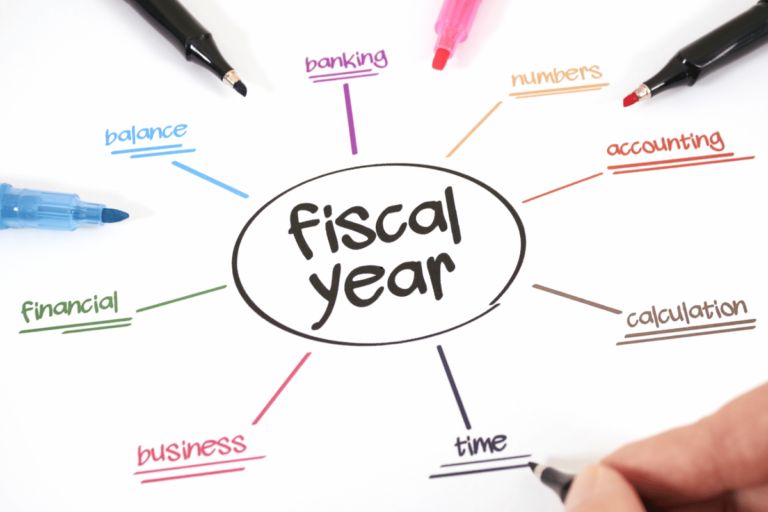What Is the Dark Web and Should You Access It?
The Dark Web is a part of the internet that operates on encrypted servers, emphasizing privacy and anonymity. While it offers secure communication and transactions, accessing it comes with significant concerns and potential risks. It is essential to understand the nuances of this hidden online space before considering entry. The Dark Web facilitates cryptocurrency transactions, focuses on information sharing, and raises privacy concerns. One must prioritize secure practices, use unique passwords, and monitor activities for anomalies to protect personal information. Consider the advantages and disadvantages before deciding whether to explore this encrypted network further.
Key Takeaways
- The dark web offers heightened privacy and anonymity for users.
- Accessing the dark web involves using encrypted servers for secure communication.
- Consider legal and ethical implications before accessing the dark web.
- Beware of potential security risks and criminal activities on the dark web.
- Use caution and understand the risks associated with accessing the dark web.
Dark Web Overview
What distinguishes the dark web from conventional websites is its encrypted nature, which greatly contributes to online privacy and anonymity. The dark web operates on a network of encrypted servers that conceal users' identities and activities, exploring anonymity beyond what traditional websites offer.
Understanding encryption is essential for users exploring this hidden layer of the internet, as it guarantees secure communication and transactions. By utilizing encryption techniques, the dark web provides a level of privacy that shields individuals from surveillance and tracking.
This heightened level of security allows users to browse, communicate, and transact without the fear of being monitored or identified, making it a haven for those seeking enhanced privacy and anonymity online.
Dark Web Vs. Deep Web
A key distinction between the dark web and the deep web lies in their accessibility and content encryption. The deep web encompasses encrypted information not indexed by traditional search engines, including online banking, paid websites, file hosting services, and private databases.
In contrast, the dark web is a subset of the deep web that contains hidden content that may include subscriber-only data, not necessarily illegal in nature. Both the dark web and the deep web utilize encryption methods to safeguard information, but the dark web is often associated with higher levels of anonymity and a focus on privacy.
Understanding these differences is essential for exploring the various layers of the internet and grasping the complexities of hidden online content.
Special Considerations
The dark web presents unique considerations that differentiate it from standard internet practices, particularly regarding the utilization of cryptocurrencies and information sharing protocols. Cryptocurrency transactions are prevalent on the dark web, with currencies like Bitcoin and Monero being commonly used due to their pseudonymous nature.
Many dark web sites focus on offering information rather than tangible products for sale. When it comes to information sharing, hidden content detection plays a vital role in identifying illicit activities and preventing the dissemination of harmful content.
Understanding these nuances is essential for individuals exploring the dark web to make sure they are aware of the intricacies involved in transactions and content sharing within this encrypted online space.
Advantages and Disadvantages
Exploring the advantages and disadvantages of the dark web reveals contrasting aspects of privacy, security, and ethical considerations in online interactions.
- Privacy Concerns:
- Advantage: Guarantees anonymity and privacy for users who require discretion.
- Disadvantage: Raises concerns about the misuse of personal data and potential privacy violations.
- Security Issues:
- Advantage: Provides a platform for whistleblowers and activists to communicate securely.
- Disadvantage: Facilitates criminal activities such as the sale of illicit goods and services.
- Legal and Ethical Considerations:
- Advantage: Allows for freedom of expression and access to information in oppressive regimes.
- Disadvantage: Raises ethical dilemmas regarding the promotion of illegal activities and harmful content.
Protecting Your Information
To enhance privacy and safeguard personal information on the dark web, individuals must prioritize secure data practices. This includes using secure and unique passwords for all accounts, monitoring activities such as credit reports for suspicious behavior, staying informed about data breaches, being cautious about sharing personal information online, and considering identity theft protection services for added security.
| Secure Data Practices | Description |
|---|---|
| Use Secure Passwords | Employ strong, unique passwords |
| Monitor Activities | Regularly check for anomalies |
| Identity Theft Protection | Consider protective services |
Conclusion
In the intricate tapestry of the digital domain, the dark web stands as a shadowy alleyway, tempting yet treacherous. Like a forbidden fruit, its encrypted pathways offer secrecy and danger in equal measure.
By understanding its nuances and risks, one can navigate this hidden world with caution and vigilance. Just as a skilled navigator treads carefully through murky waters, so too must the internet user approach the dark web with knowledge and awareness to safeguard their digital presence.







